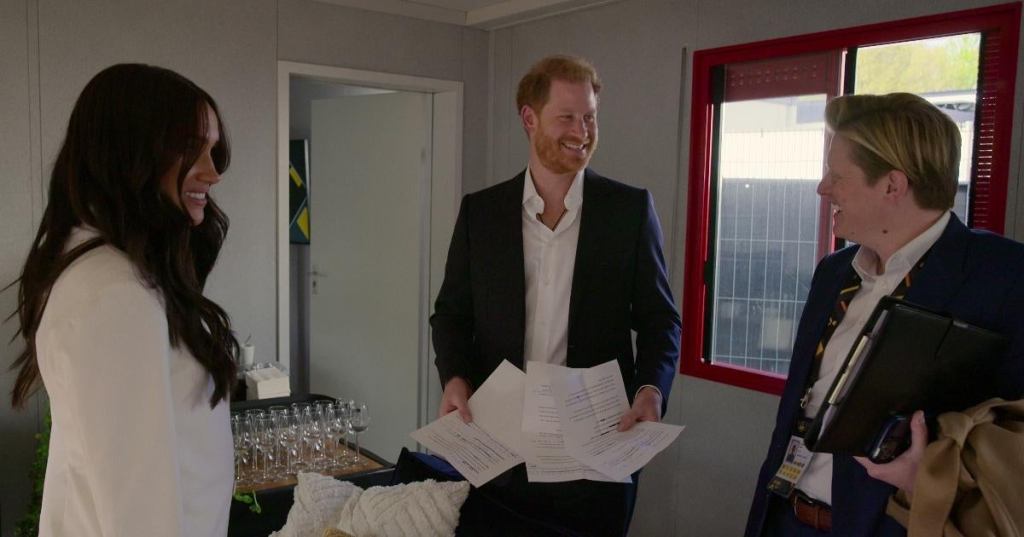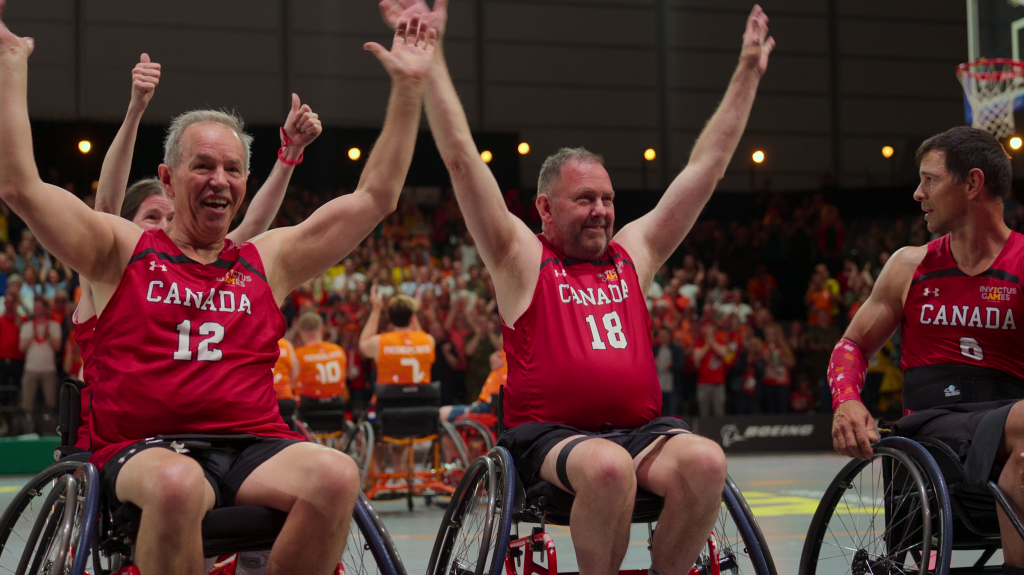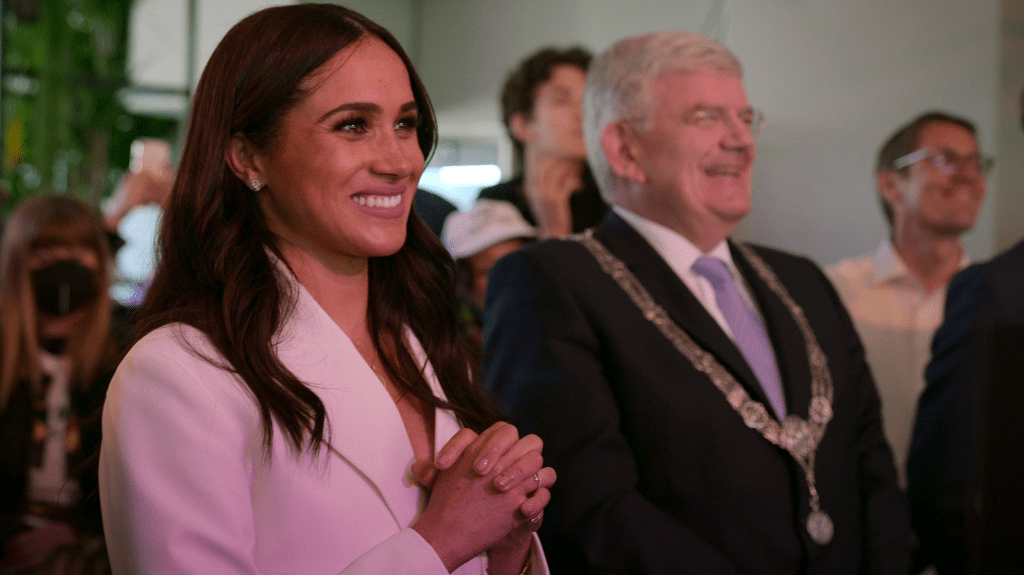In August, Netflix released the docuseries Heart of Invictus which is produced by Prince Harry, Duke of Sussex. The series takes a look at the Invictus Games, a multi-sport event for wounded, injured and sick servicemen and women. Prince Harry founded the games, which is inspired by the Warrior Games.
“The series follows a group of extraordinary competitors from around the globe, all service members who have experienced life-changing injuries or illnesses, on their road to the Invictus Games The Hague,” the official synopsis states. “The multi-episode series joins the competitors as they train, and along the way reveal powerful stories of resilience and hope. The series also follows the organizers as they work to prepare for the Games alongside each nation’s team, supporting the competitors as well as their friends and families.”
Videos by PopCulture.com
“Since the very first Invictus Games back in 2014, we knew that each competitor would contribute in their own exceptional way to a mosaic of resilience, determination, and resolve,” Prince Harry said in a statement back in 2021. “This series will give communities around the world a window into the moving and uplifting stories of these competitors on their path to the Netherlands next year. As Archewell Productions’ first series with Netflix, in partnership with the Invictus Games Foundation, I couldn’t be more excited for the journey ahead or prouder of the Invictus community for continuously inspiring global healing, human potential and continued service.” Heart of Invictus has received good reviews from critics. Here’s a look at what they had to say.
Sharing Stories

Melissa Camacho of Common Sense Media enjoyed the series. She wrote, “The overall production allows veterans, retired personnel, and those actively serving their respective countries and military branches to share their personal stories of struggle, survival, and ongoing healing. Particularly compelling is the harrowing tale of the Ukrainian team, especially that of paramedic Yuliia ‘Taira’ Paievska, who’d been training for the games before being captured by the Russians in March 2022.”
‘Worth Being Told’
Nina Metz of the Chicago Tribune also enjoyed Heart of Invictus. She said: “These are moving stories and they are worth being told, of people opening up and publicly revealing vulnerabilities they once kept private. On those merits alone, the series is a success.”
A ‘Mishmash’

Ed Power of the Daily Telegraph is not a big fan of the series. He wrote: “In Heart of Invictus, the mix of humanitarian documentary and royalty-watching never coheres. It’s a well-intentioned mishmash but a mishmash all the same.”
‘It Works’
Michael Odell of the London Evening Standard believes Prince Harry nailed it. He wrote: “Overall it works. And after the ignominious termination of Harry and Meghan’s Spotify deal, (their $20 million podcast contract was cancelled earlier this year) many think it had to. So many times in the past year we’ve seen Harry shooting himself in the foot. Well, he’s up and running again.”
‘Choked Up’

It was an emotional series for Brian Lowry of CNN. He wrote:” Like the athletes, for whom just competing is a victory in itself, Netflix no doubt saw dividends simply being in business with Harry and Meghan, and lavishing five hours on this material reflects that starry-eyed outlook. Yet even with that disclaimer, there are moments in Heart of Invictus where one has to be pretty heartless not to get a bit choked up, and it’s hard to question that its heart is in the right place.”
‘Humanity at its Best’
Carol Midgley of The Times gave the series four of five stars. She wrote: “[Heart of Invictus] features humanity at its best and most resilient. Come to think of it, it’s probably Harry at his best.”
A Strong Narrrative

Lucy Mangan of The Guardian also looks at the series as a four-star show. She wrote: “The power of sport to unite people, to reopen a world, to provide community, support, stimulation, distraction, a focus on a higher purpose is everywhere on show. But the films resist a relentlessly triumphalist narrative and the temptation to present Invictus – or sport generally – as a universal panacea. There are many references to the thousands who cannot be given places on the teams, and we see various other support services in different countries.”
Most Viewed
-

Beverly Hills, CA – January 31, 2026: Jelly Roll, left, and Bunnie Xo, right, pose for portraits on the red carpet during the 68th GRAMMY Awards Pre-GRAMMY Gala & GRAMMY Salute to Industry Icons Honoring Avery Lipman & Monte Lipman at the Beverly Hilton on Saturday, Jan. 31, 2026 in Beverly Hills, CA. Clive Davis’ annual pre-Grammy party hosts an array of A-listers from entertainment, sports, and politics to come together and enjoy performances. (Kayla Bartkowski/ Los Angeles Times)







